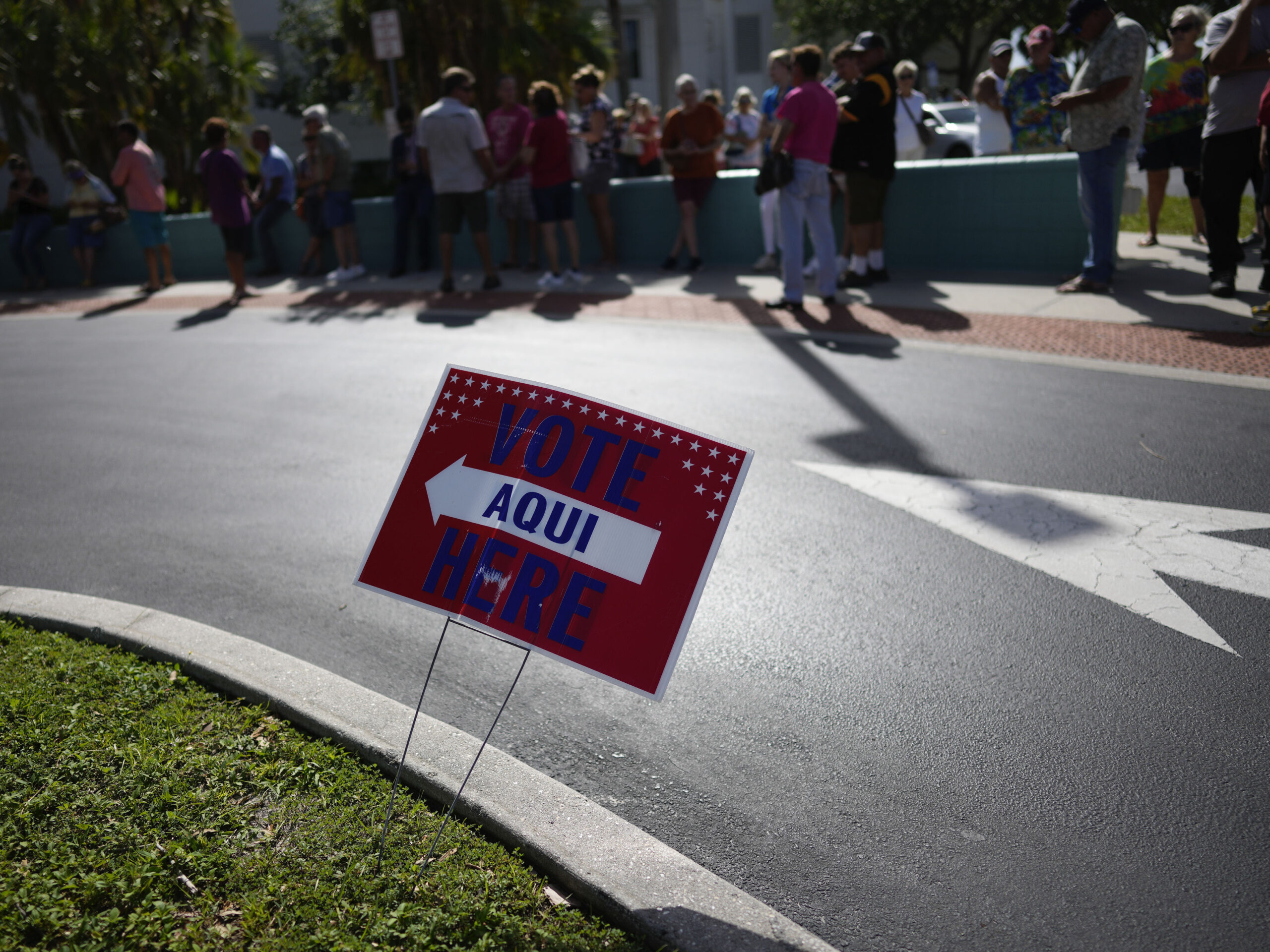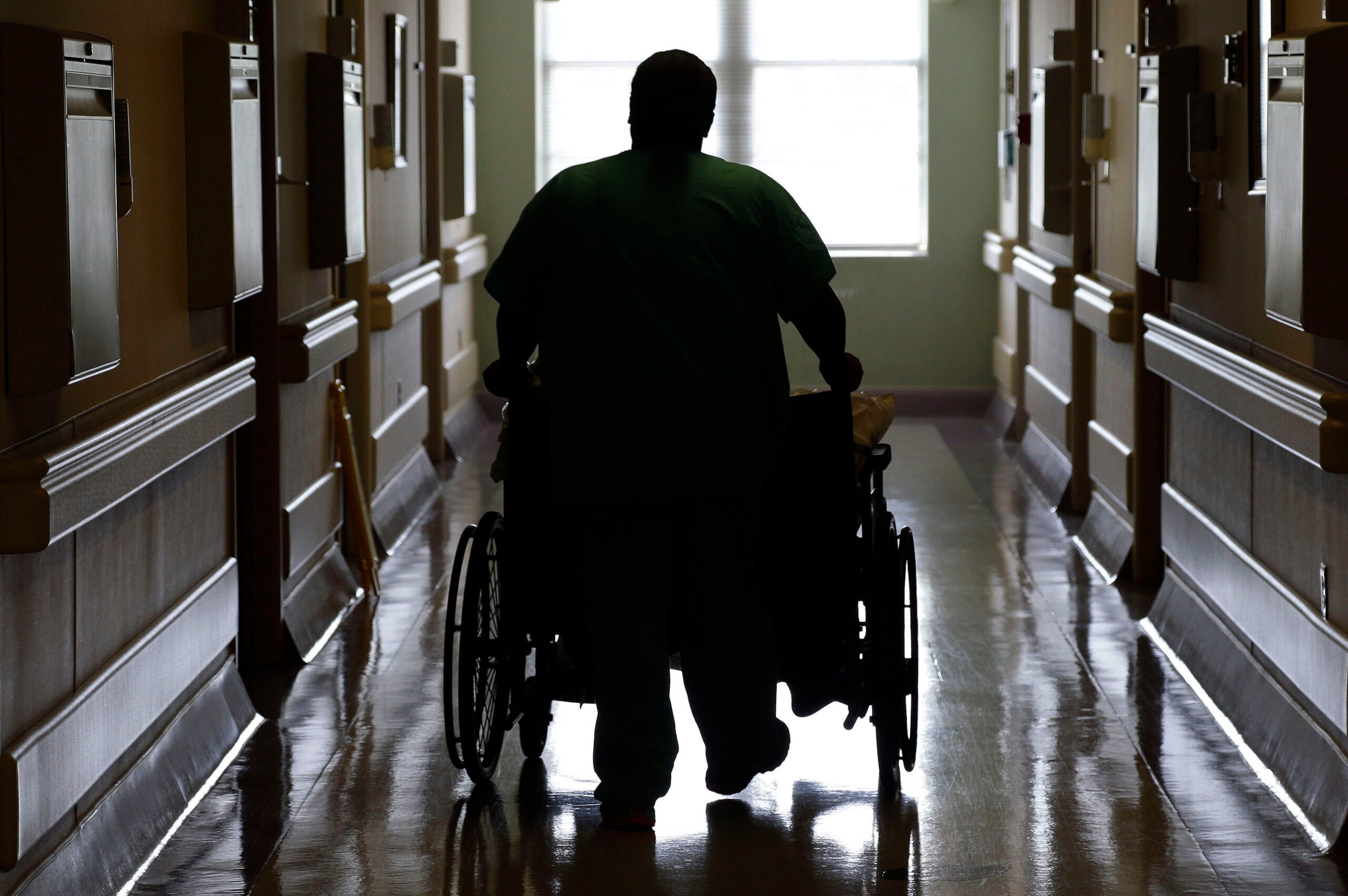Some health care experts say the expanded Medicaid provision in the federal health care reform act could help reduce prison recidivism. However, Wisconsin is not one of the 16 states that have committed to implementing that expansion.
Getting access to health care is one of the biggest obstacles facing ex-felons when they are released from prison. Many would likely be eligible for the expanded Medicaid coverage for low income single adults that Wisconsin could ask for from the federal government. Bobbie Petersen is the director of the public interest law firm ABC for Health. He says, “Those that have children in their household could potentially be eligible for current forms of BadgerCare, But the vast majority that might be single, childless, not living with their children would be eligible for the expanded Medicaid that Wisconsin is debating whether they’re going to take or not.”
That debate is not really happening right now. Governor Walker has said his administration will not move ahead on any aspects of health care reform until after the November election when Congress is expected to debate repealing it. Petersen says giving access to income qualified ex-felons could end up saving the state money by reducing the flow of mentally ill and drug addicted felons who are part of a revolving door population that keeps the state’s prison system full. “If they get treatment maybe they’re going stay out of the local county jail or back in state prison or wherever they might end up. This could have a spillover impact not only on the future costs of incarceration. If we can keep those down it might be a money saver for counties and municipalities.”
Stay informed on the latest news
Sign up for WPR’s email newsletter.
Democrats in the state legislature urged the governor to call a special session this summer to consider adopting the expanded Medicaid funds, but they got no response.
Wisconsin Public Radio, © Copyright 2024, Board of Regents of the University of Wisconsin System and Wisconsin Educational Communications Board.





